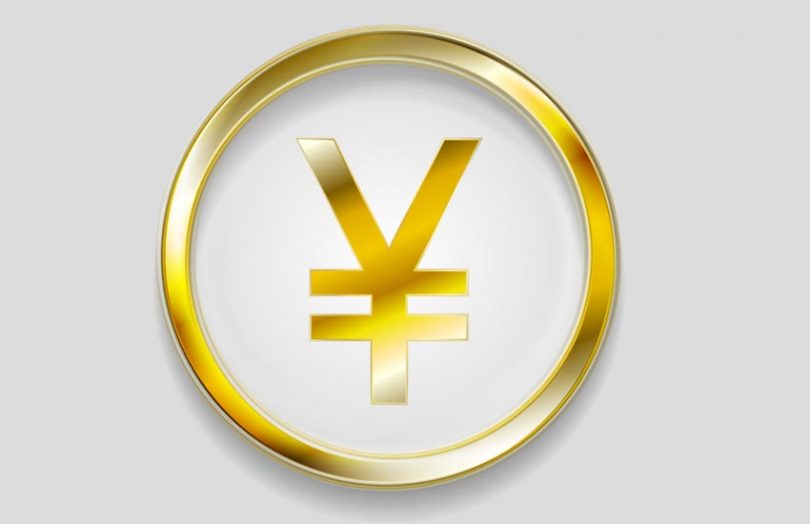The Chinese media agency Sohu reported that Xi’an Bank and Hainan Bank are the latest Chinese banks to begin participating in the country’s central bank digital currency (CBDC) trials. News of this development is significant because both are second-tier commercial banks that will not have direct access to the digital yuan.
Given the administrative costs for second-tier banks, it is presently unclear how these commercial banks will be compensated for helping users access the digital yuan. Currently, digital yuan transactions are free so they won’t earn money that way.
China’s digital yuan is a form of legal tender which is issued by China’s central bank. It operates on a two-tier system where the central bank authorizes eight operating institutions – the six largest state-owned banks, WeBank and MyBank – to issue digital yuan.
The reason for this is not all banks have sufficient technical capabilities to interface directly with the central bank, and it reduces the number of banks the central bank has to support. It also might be a matter of scale. Arguably this is a synthetic CBDC as the former central bank governor has stated that the digital yuan is a legal liability of these commercial banks, not the central bank.
Local commercial banks such as Xi’an and Hainan – which represent tier 2.5 as circulation institutions – will need to go via the state operating institutions to access the currency.
Most users will open a digital renminbi wallet through their banks to get hold of the digital renminbi. The Bank of Communications is currently the first operating institution in Hainan to support digital yuan engagement with local banks.
The question remains, how will banks benefit from their role as a 2.5 tier service provider? One possible avenue is granting participating commercial banks an income for opening accounts for new users.
Another option is to charge fees for the exchange of digital currency through bank cards. However, this was ruled out by the Deputy central bank Governor Fan Yifei, when he said last year that “commercial banks do not charge individual customers for digital renminbi exchange and redemption service fees.”
The hint might be the reference to ‘individuals’. Is it possible these banks could earn money from merchants or retailers? When retailers accept digital payments, they are usually charged merchant service fees by AliPay or WeChat Pay. It is unclear whether they will be charged for accepting the digital yuan from customers, especially if they have no choice but to accept it. Given its positioning as cash, it might remain free. If not, this is one conceivable route to incentivize banks.
While the digital yuan is still in its pilot stage, there is still time to ensure that all parties’ practical and financial incentives are addressed.
Many other local commercial banks are joining the digital yuan pilot program as operating institutions. These include the Bank of Shanghai, Changsha Bank and Suzhou Bank.






